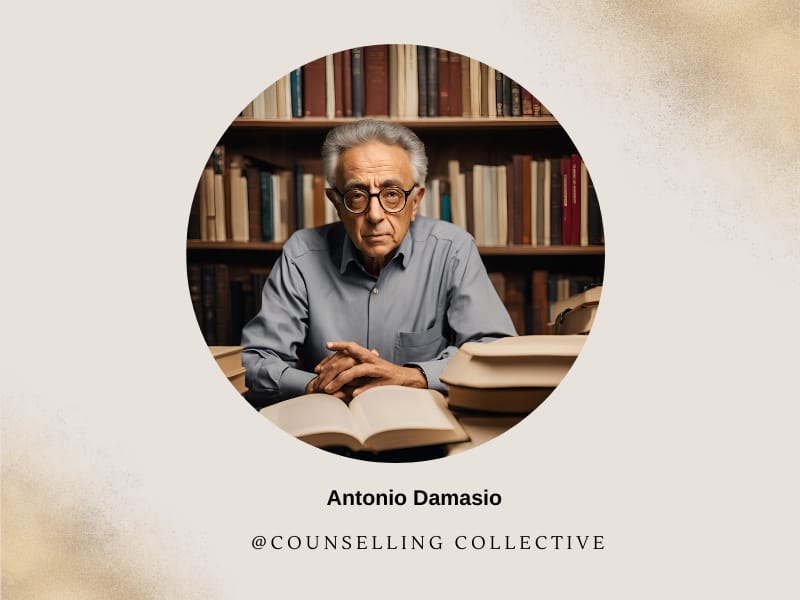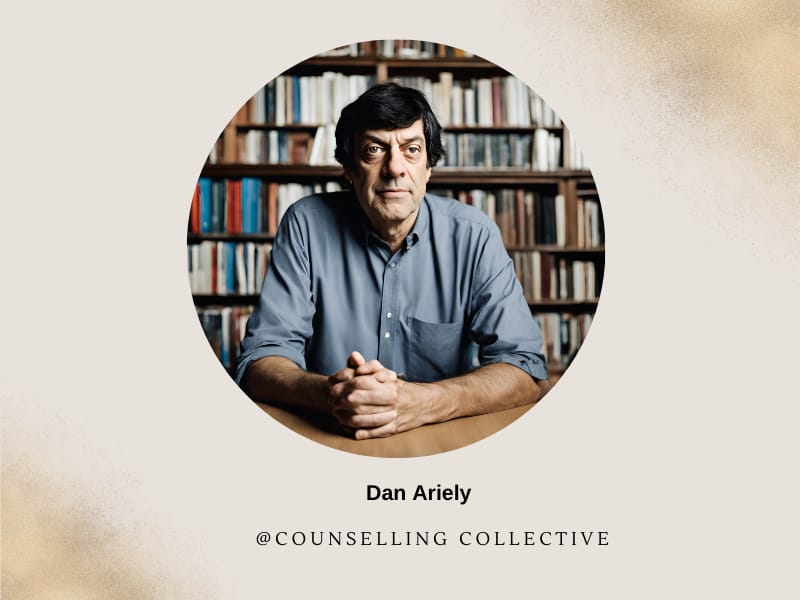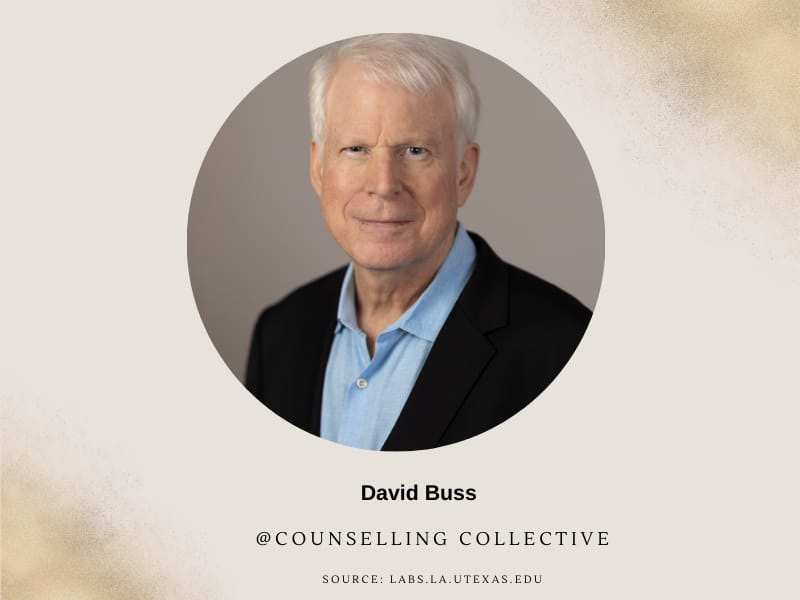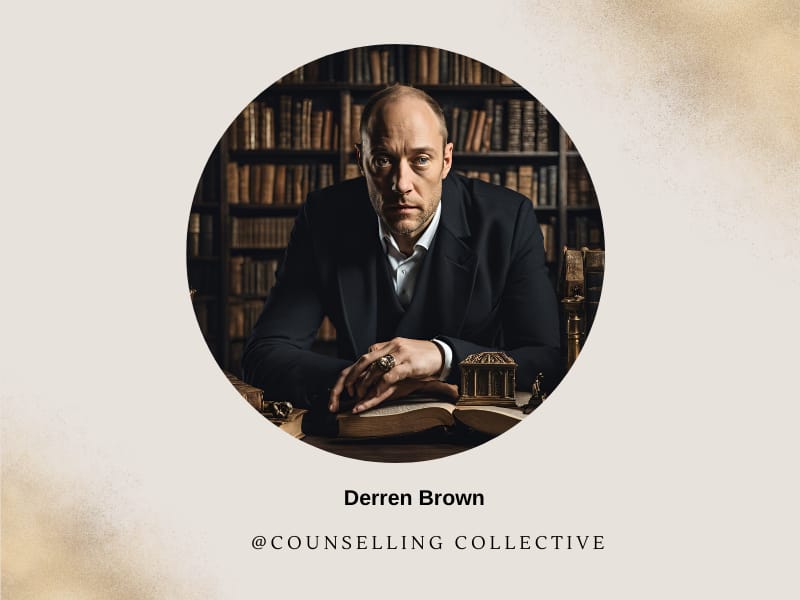Contents
Introduction
Aristotle is recognized as a foundational figure in psychology for his early insights into the mind and behavior. A Greek philosopher whose work spanned logic, biology, ethics, and aesthetics, he was overshadowed by Plato in classical times.
However, his influence was profound from late antiquity through the Enlightenment, earning him the titles “The First Teacher” in Arabic philosophy and “The Philosopher” in the West.
In this article, we will go through into Aristotle’s theories, his pioneering observations on the nature of the psyche, and his lasting impact on the development of psychological thought. Discover more about influential figures like Aristotle here.
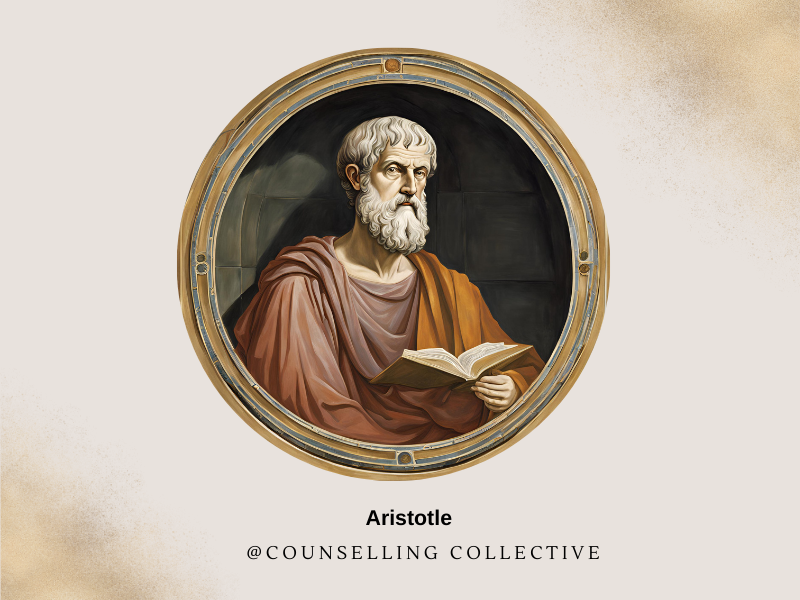
Life of Aristotle
Aristotle was born in 384 B.C. in Stagira in northern Greece. Both of his parents were members of traditional medical families, and his father, Nicomachus, served as court physician to King Amyntus III of Macedonia. His parents died while he was young, and he was raised at his family’s home in Stagira.
He spent 20 years as a student and teacher at the school, emerging with both a great respect and a good deal of criticism for his teacher’s theories. Plato’s own later writings, in which he softened some earlier positions, likely bear the mark of repeated discussions with his most gifted student.
Image Source: Peter Horree / Alamy Stock Photo
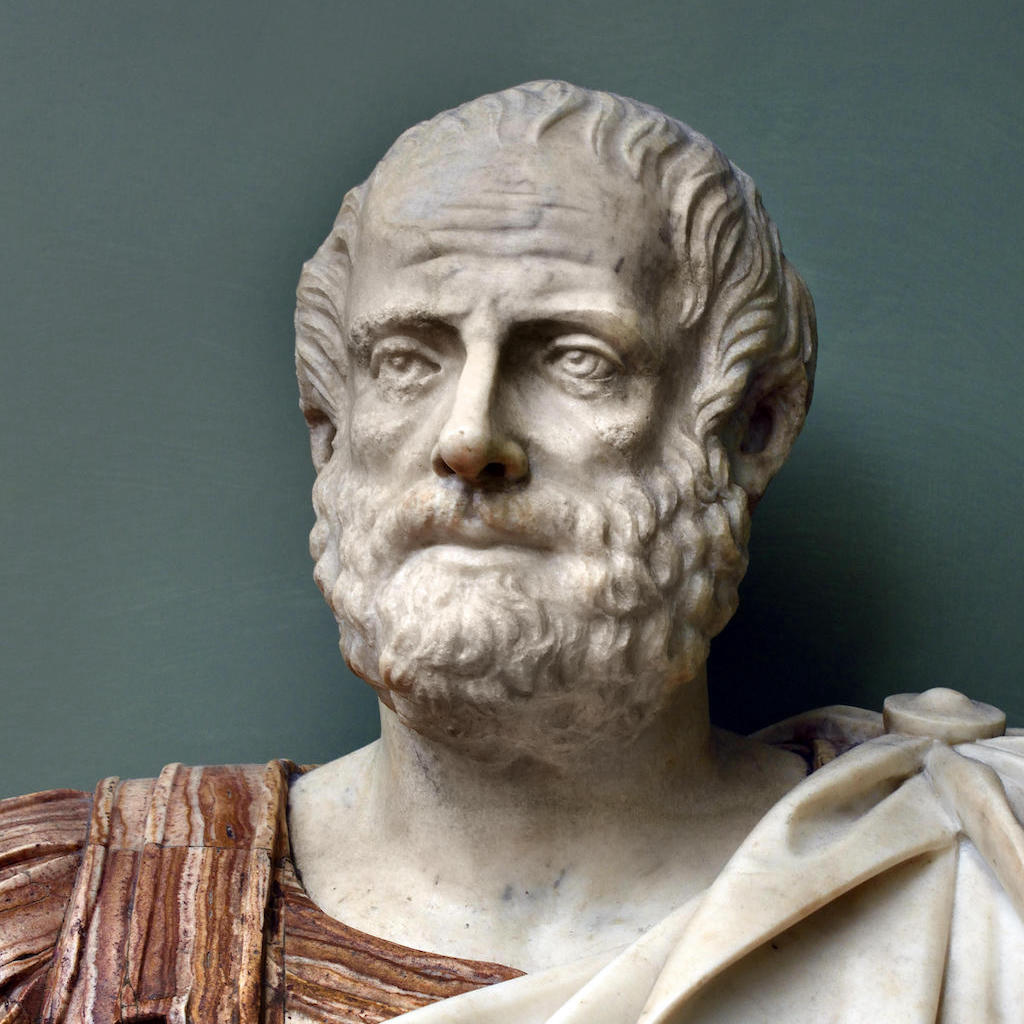
His intellectual legacy extends far beyond his time, influencing a multitude of disciplines and continuing to inspire scholars and thinkers across the globe.
- Childhood Environment: Little is known about his mother, Phaestis; she is also believed to have died when Aristotle was young.
- After Aristotle’s father died, Proxenus of Atarneus, who was married to Aristotle’s older sister, Arimneste, became Aristotle’s guardian until he came of age.
- Family Background: Raised in a supportive and intellectual environment, his father was a physician, and his family placed a high value on education and philosophical inquiry. This nurturing atmosphere fostered his curiosity and facilitated his engagement with a diverse array of subjects, laying the groundwork for his extensive contributions to various fields of knowledge.
His contributions through his writings and teachings significantly impacted the development of Western thought. He passed away in 322 BCE in Euboea, Greece, leaving a legacy of intellectual rigor and enduring influence.
Education Background of Aristotle
| Education Level | Details |
| Early Education | Studied under Plato at the Academy in Athens from around 367 BCE. This period greatly influenced Aristotle’s early philosophical views. |
| Advanced Studies | After Plato’s death, Aristotle left Athens and spent time in Asia Minor and the court of Macedonia. During this period, he conducted extensive research and developed his own philosophical ideas. |
| Teaching Career | Founded the Lyceum in Athens around 336 BCE, where he taught and conducted research. The Lyceum became a prominent center for learning, focusing on a broad range of subjects, including logic, natural sciences, and ethics. |
| Early Career | His philosophical and scientific inquiries spanned a wide range of topics, including metaphysics, ethics, and psychology, establishing foundational concepts that influenced subsequent scholars. |
| Notable Influence | Aristotle’s education was profoundly influenced by his time under Plato, but he also critiqued and diverged from Plato’s theories, leading to the development of his own distinct philosophical system. |
Notable Works of Aristotle
Through his extensive writings and theoretical frameworks, Aristotle addressed fundamental questions about human nature, the structure of society, and the principles governing reality.
To better understand Aristotle’s contributions, here’s a comparative table of his most notable works, highlighting their key info and significance:
| Theory/Work | Details | Significance |
| Theory of the Four Causes | – Material Cause: The substance or material something is made from. – Formal Cause: The form or essence of something. – Efficient Cause: The agent or process that brings something into being. – Final Cause: The purpose or goal of something. | Provides a comprehensive framework for understanding the reasons behind the existence and change of objects. |
| Theory of Substance | Substance is the fundamental reality that underlies all things. Distinguished between primary substances (individual entities) and secondary substances (species and genera). | Establishes the basis for ontology, differentiating between individual entities and their general categories. |
| Theory of Virtue Ethics | Virtue is a habit or quality that allows individuals to succeed at their purpose.- Emphasizes the importance of developing good character traits and finding a balance between extremes (the “Golden Mean“). | Influential in ethical philosophy, promoting the development of moral character and balanced behavior. |
| Theory of Potentiality and Actuality | Explains the process of change and development. Potentiality refers to the inherent capacity for change, while actuality is the realized state of that potential. | Offers insight into the dynamics of change, emphasizing the transition from possibility to reality. |
| Hylomorphism | The belief that all things are a combination of matter (hyle) and form (morphe). Matter provides the substance, while form gives it shape and purpose. | Integrates physical and metaphysical perspectives, explaining the composition and purpose of entities. |
| The Unmoved Mover | The concept of a primary cause or first principle that initiates motion without itself being moved. – Often associated with Aristotle’s notion of God. | Fundamental to Aristotle’s cosmology and theology, positing a primary cause of all motion and change. |
Famous Quotes By Aristotle
Knowing yourself is the beginning of all wisdom.
- Understanding oneself is the foundation for gaining true wisdom.
It is the mark of an educated mind to be able to entertain a thought without accepting it.
- True education allows for the consideration of ideas without necessarily embracing them.
We are what we repeatedly do. Excellence, then, is not an act, but a habit.
- Consistent actions shape our character and lead to excellence.
The educated differ from the uneducated as much as the living from the dead.
- Education fundamentally distinguishes the living mind from the unthinking state.
In the arena of human life, the honors and rewards fall to those who show their good qualities in action.
- Recognition and success come to those who demonstrate their virtues through their actions.
Famous Books and Publications
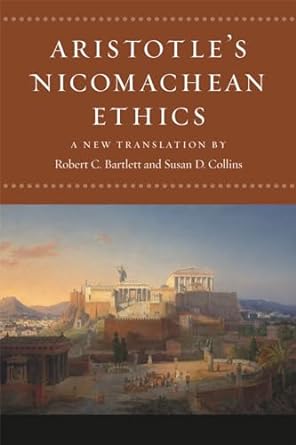
Nicomachean Ethics (c. 340 BCE)
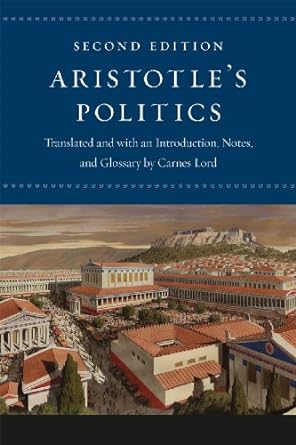
Politics (c. 350 BCE)
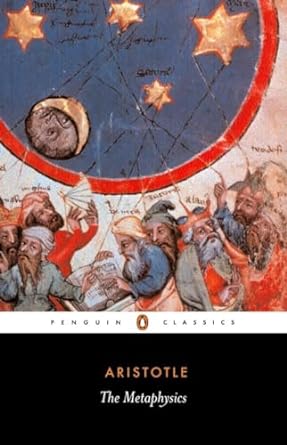
Metaphysics (c. 340 BCE)
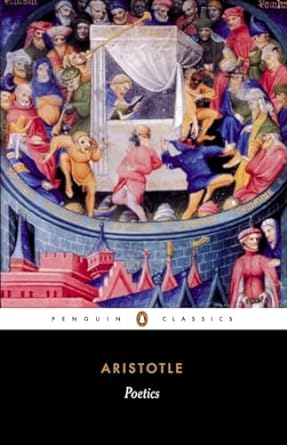
Poetics (c. 335 BCE)
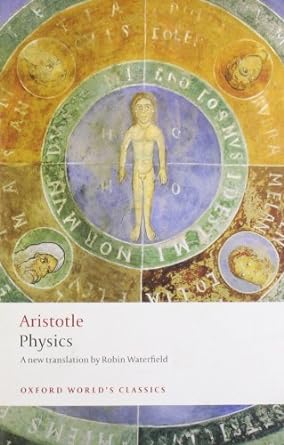
Physics (c. 350 BCE)
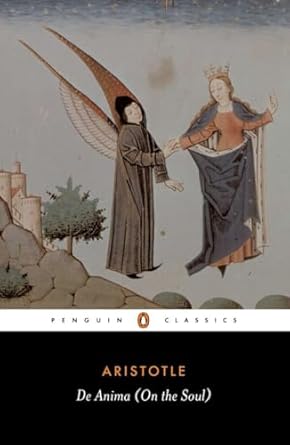
De Anima (On the Soul)
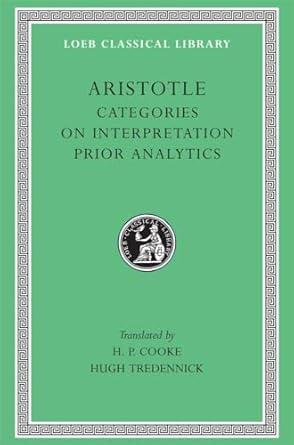
Categories (c. 350 BCE)
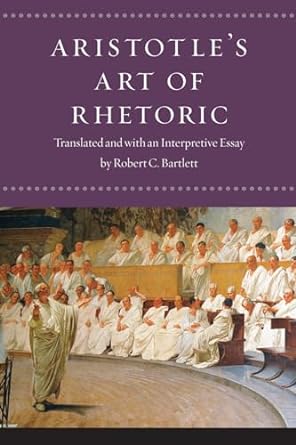
Art Of Rhetoric (c. 335 BCE)
Influence on Contemporary and Future Psychological Research
- Potentiality and Actuality: His explanation of change and development through potentiality and actuality has influenced developmental psychology, particularly in understanding the progression from potential capacities to realized abilities.
- Teleology: The study of purpose or design in nature has impacted evolutionary psychology, providing a framework for understanding the adaptive functions of behavior and mental processes.
- Theory of the Soul: Aristotle’s classification of different kinds of souls (vegetative, sensitive, and rational) has influenced modern psychology’s understanding of the hierarchy of cognitive and emotional functions across different species.
- Empirical Approach: His method of observation and systematic classification has laid the groundwork for the scientific method in psychological research, emphasizing the importance of empirical evidence and rigorous methodology.
Psychologists Influenced by Aristotle

- Thomas Aquinas: Integrated His philosophy with Christian theology, developing Scholasticism and influencing medieval psychology and philosophy.
- Rene Descartes: His dualism and focus on the nature of the mind and body were influenced by Aristotle’s metaphysical and epistemological ideas, shaping modern psychological thought.
- Immanuel Kant: Critiqued and built upon Aristotle’s ideas about knowledge and reality, impacting theories of perception and cognition in modern psychology.
- Wilhelm Wundt: Although primarily influenced by his own empirical research, Wundt’s approach to experimental psychology was informed by Aristotle’s emphasis on systematic observation and categorization.
- Sigmund Freud: Incorporated Aristotle’s ideas on the nature of human behavior and the mind into his psychoanalytic theory, particularly in understanding the motivations and processes underlying human behavior.
Legacy of Aristotle
- Philosophy: His comprehensive system of thought profoundly influenced Western philosophy, shaping ideas in metaphysics, ethics, logic, and political theory for centuries.
- Science: His empirical approach and systematic classification laid foundational principles for the development of the scientific method, impacting fields such as biology, physics, and psychology.
- Education: His establishment of the Lyceum and his approach to integrating research with teaching set a precedent for educational institutions and curricula.
- Literature: His work “Poetics” established key principles of literary criticism and narrative theory, influencing the analysis and creation of literature.
- Psychology: Aristotle’s ideas on the nature of the soul, virtue, and human development continue to influence contemporary psychological theories and research.
Conclusion
Aristotle’s profound contributions to philosophy, science, and psychology have left an enduring legacy that continues to shape modern thought. His theories on the nature of reality, ethics, and human development laid foundational principles for various disciplines.
From influencing early psychological theories to establishing methods of empirical research, His work remains integral to our understanding of the mind and behavior. His impact extends through historical and contemporary scholars, reflecting the timeless relevance of his insights and methodologies.
Bibliography
- [1] Aristotle. (n.d.). Nicomachean ethics.
- [2] Aristotle. (n.d.). Politics.
- [3] Aristotle. (n.d.). Metaphysics.
- [4] Aristotle. (n.d.). Poetics.
- [5] Aristotle. (n.d.). Physics.
- [6] Aristotle. (n.d.). De anima (On the soul).
- [7] Aristotle. (n.d.). Categories.
- [8] Aristotle. (n.d.). Art of rhetoric.
- [9] Feser, E. (n.d.). Thomas Aquinas: A historical and philosophical introduction.
- [10] Grene, M. (1974). The philosophy of Aristotle. Chicago: University of Chicago Press.

